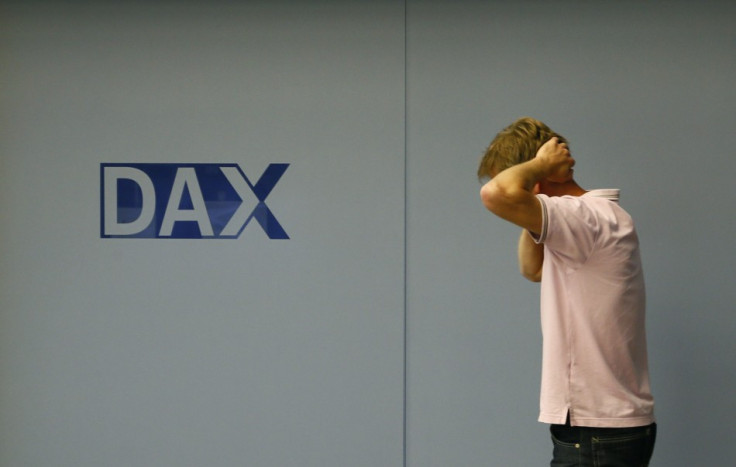European Markets Outside Italy Open Lower on US Debt Ceiling Concerns

Most European markets opened lower on 20 September on concerns that the US could be forced to default if American politicians cannot agree on raising the government's borrowing limit.
The Stoxx Europe 600 index opened 0.1% lower to 314.63.
Britain's FTSE 100 opened 0.3% lower.
Germany's DAX opened 0.2% lower.
France's CAC 40 and Spain's IBEX opened 0.1% lower.
Italy's FTSE MIB opened 0.1% higher.
Politicians in the US will have to decide on how to continue funding the US government soon, given that the US Treasury Department is expected to hit its $16.7 tr borrowing ceiling around mid-October. Market analysts say that the Treasury would probably not be able to pay its bills from October onwards.
US senators would also have to decide on whether to increase the government's borrowing limit.
The Republicans are expected to back any plan to fund the government only after Democrats agree to modify the Affordable Care Act, the Obama administration's health care law.
The US government would shut down on 1 October if the two sides cannot reach an agreement in time.
Market participants in Europe will be tracing political developments in Germany, which heads to the polls on 22 September. Europe's strongest economy is expected to re-elect Angela Merkel as its leader.
In Asia and the US
In Asia, Japan's Nikkei finished 0.16% lower on 20 September while Australia's S&P/ASX closed 0.36% lower.
Financial markets in mainland China, Hong Kong and South Korea remained closed on account of public holidays.
Earlier in Asia, markets traded lower, after a rate hike in India dragged down the benchmark Sensex and weighed on investor sentiment across the region.
However, Asian stocks are on track to log their biggest three-week gain in two years.
The Reserve Bank of India (RBI) defied market consensus and raised the benchmark repurchase rate by 25 basis points to 7.5% on 20 September.
The news pulled down Indian stocks and the benchmark S&P BSE Sensex, which hit a two-and-a -half year high on 19 September following the US Federal Reserve shocker.
The Indian rupee lost 1% following the RBI decision. The rupee, the second-worst performing Asian currency, jumped by about 2.8% on 19 September to an over one-month high after the US Federal Reserve decided against reducing its $85bn a month bond-buying stimulus programme.
On Wall Street, most indices ended lower on 19 September, a day after the Fed announced it would stay the course and not start paring back its monetary stimulus.
The Dow finished 40.39 points lower at 15,636.55, pulled down by UnitedHealth and Hewlett-Packard.
The S&P 500 closed 3.18 points lower at 1,722.34 while the Nasdaq ended 5.74 points higher at 3,789.38.
However, the Dow and the S&P are on track to log their biggest monthly gains in nearly two years.
© Copyright IBTimes 2025. All rights reserved.






















